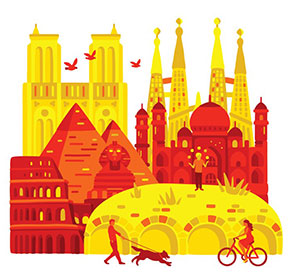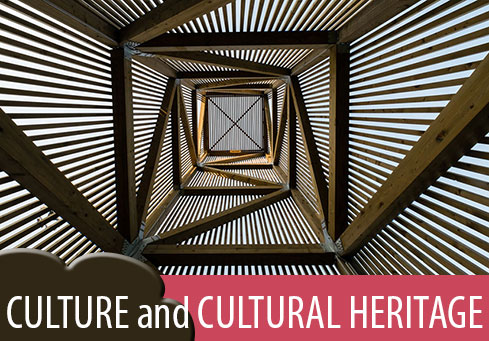Contact: Mr. Ed Carroll
FCN members since: 2014
Profile: Cultural Rights, Community Art, Placemaking
Membership status: Active
www.sanciubendruomene.lt/en/genius-loci/veiklos/
Context
Žemieji Šančiai bendruomenė is an association situated in a micro region of Kaunas (LT). It encourages the development of civil society through respect for the cultural heritage of its community and active responsibility for self-government. It strengthens community identity by working with people to draw from the places, objects and stories of Šančiai.
Description of Activity
Genius loci – urbanisation and civil society enables residents and other specialists to co-create an architectural and urban plan for the neighbourhood. This is a three-year project (2020-2023), aided by the EEA financial mechanism funds, addressing the public right to participate in decision making in environmental matters, the protection and safeguarding of the cultural heritage and combating the aggressive urbanism.
River Nemunas embankment is the lungs of the city and an important historic place. Activities organised around it seek to preserve for future generations its unique architecture, biodiversity, ecosystems and habitats, as well as facilities for swimming, fishing, relaxing, and enjoying the river front.
The Cabbage Field is a parcel of land located on former military complex that has not yet been privatised, being in the past occupied by two totalitarian regimes. Its heritage is of an international significance and the winter cellars that can be found on the spot are used to store fermented cabbage – a source of vitamin C - where the name of the initiative comes from. This becomes a metaphor for the community process of transforming the site into a sustainable public asset.




